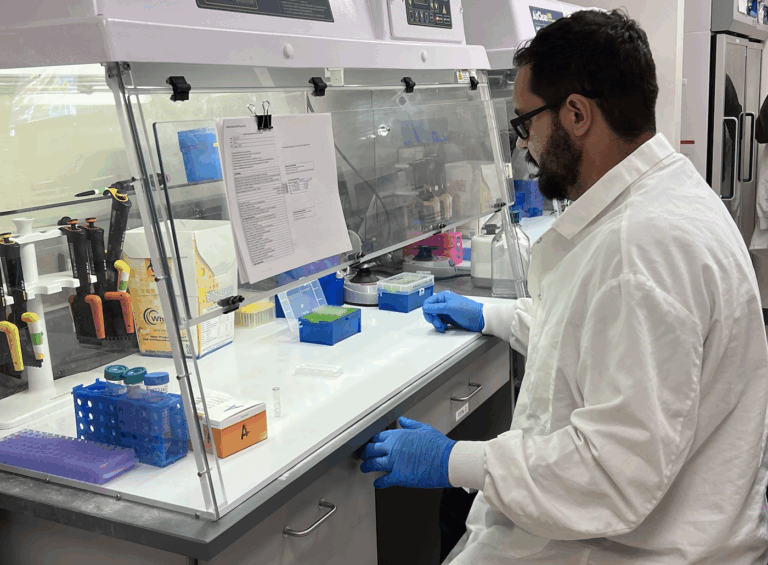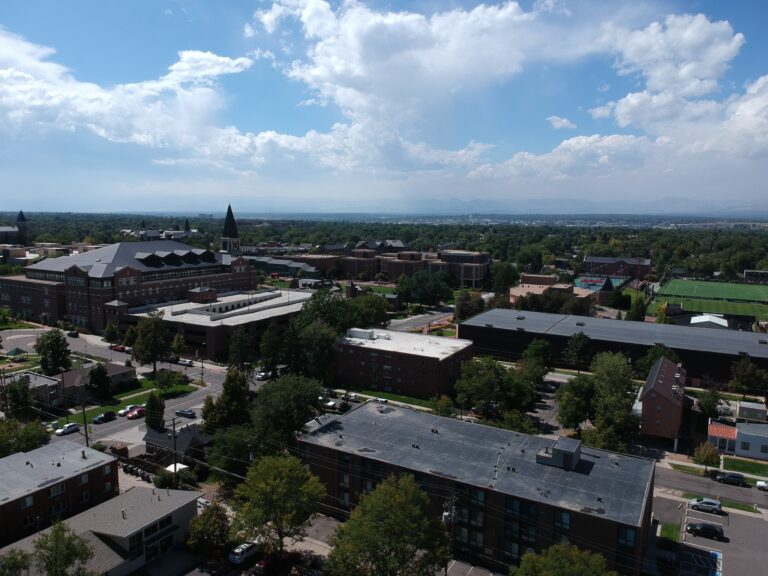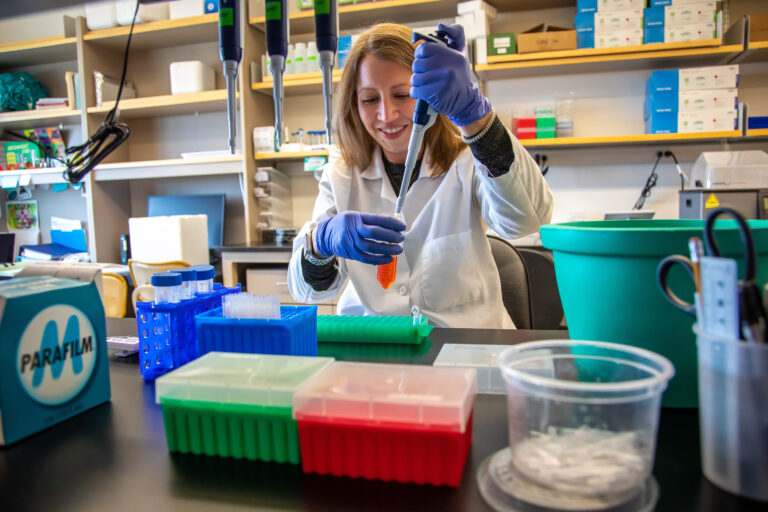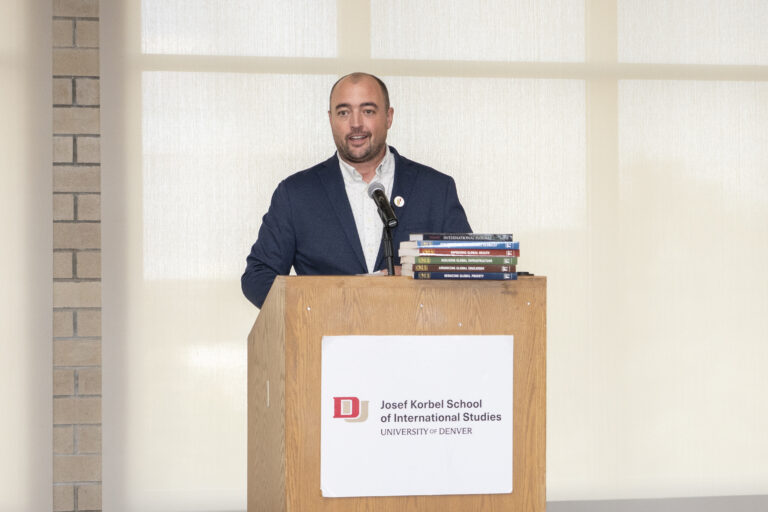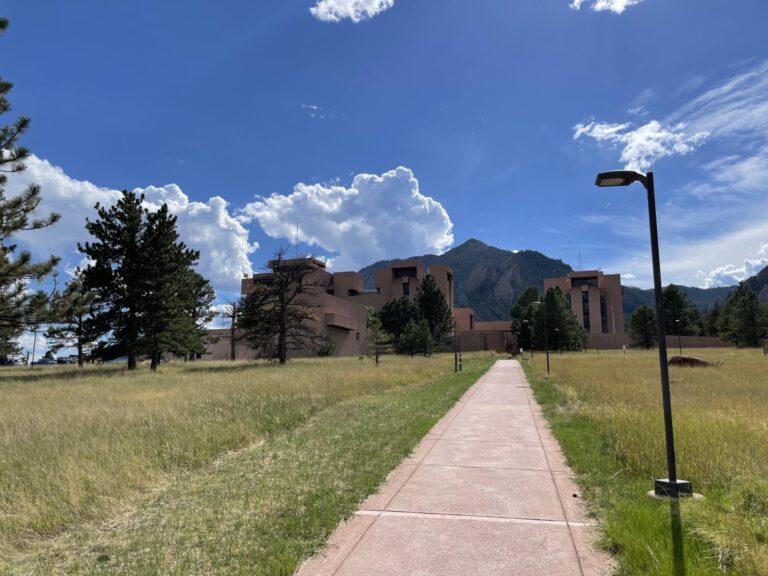BOULDER — Two student- and alumni-led startups focusing on new technologies have taken home the top awards at the University of Colorado Boulder’s annual New Venture Challenge competition.
The companies won a combined $325,000 at Wednesday’s event to invest in their startup ventures.
The winners included PrecisionTerra, a startup seeking to improve Global Positioning Satellite reliability and accuracy in locations and conditions where GPS signals are weak. Represented at the event by CU Boulder graduate, founder and CEO Maithreyi Gopalakrishnan, PrecisionTerra took first prize in the Deep Tech category.
VerEstate, a digital title insurance company, took the top spot in the Open category. It was represented by Chief Technology Officer Alec Hyde, CEO Camden Demsey and Chief Operating Officer Nicholas Soza. VerEstate also won the crowd favorite award, earning it an additional $5,000 prize.
The New Venture Challenge is the culmination of a yearlong program, which included 264 participants and 104 ventures in 2025. In its 18 years, the program has supported 1,280 ventures, with $1,772,600 in funding.
“Wow, what an evening. The New Venture Challenge was record-breaking, with the highest attendance and its largest prize pool in 18 years,” Stan Hickory, director of the Innovation and Entrepreneurship Initiative and New Venture Challenge at CU Boulder, said in a prepared statement. “The energy was electric as CU Boulder’s top entrepreneurs pitched their innovative business ventures live to a panel of judges from Boulder’s business community and private equity firms.”
For the first time, the event gave startups a chance to compete in two categories: Deep Tech and Open. The competition provided a launchpad for a diverse array of problem-solving and creative ideas, including solutions to power quantum computers, safety and security innovations, efforts to empower first responders, and AI measurement tools for sales teams.
In fiscal 2023-24, CU Boulder launched a record 35 startups, spanning industries from clean energy to biotech. CU Boulder’s commercialization activities had an economic impact of $8 billion nationally and $5.2 billion in Colorado from 2018 through 2022, according to a 2022 report from the Leeds School of Business, marking a four-fold increase in impact since the previous report published in 2019.
Author
-

With BizWest since 2012 and in Colorado since 1979, Dallas worked at the Longmont Times-Call, Colorado Springs Gazette, Denver Post and Public News Service. A Missouri native and Mizzou School of Journalism grad, Dallas started as a sports writer and outdoor columnist at the St. Charles (Mo.) Banner-News, then went to the St. Louis Post-Dispatch before fleeing the heat and humidity for the Rockies. He especially loves covering our mountain communities.
View all posts
